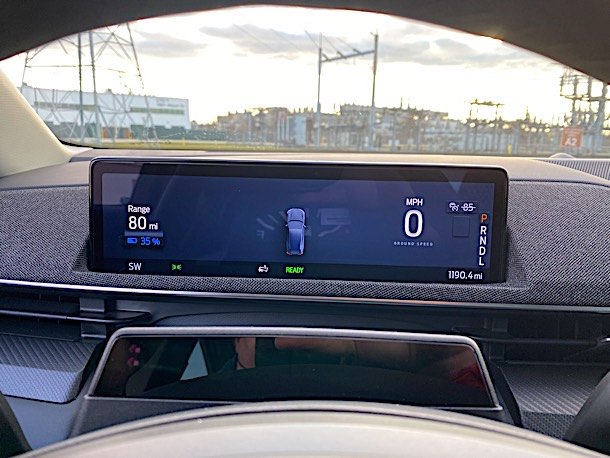
Earlier this year, the Insurance Institute for Highway Safety published research showing that people who use partially automated driver assistance systems often fail to pay close enough attention. In a follow-up published today, the IIHS provided more detail, saying that drivers are more likely to take control in a dangerous situation if the systems don’t automatically shut off when a manual input is detected.

The IIHS research found that drivers interacting with systems that automatically disengage when human input is detected discourage them from taking control when a challenging situation arises. People using systems that allow the driver to make manual steering and other inputs are much more likely to take over instead of letting the vehicle figure it out. Drivers with those systems are 40 to 48 percent less likely to keep their hands off the wheel.
Alexandra Mueller, IIHS senior research scientist, said, “Those are sizable differences. Although there could be many reasons, one plausible explanation is that systems that switch themselves off whenever the driver steers may make drivers less likely to want to intervene, as it’s a pain to reactivate the system again and again.”

Mueller polled 1,260 owners of Ford, GM, Nissan/Infiniti, and Tesla vehicles equipped with partially automated assistance systems. The Ford and Nissan systems remained active after the driver made a manual input, but GM’s Super Cruise and Tesla’s Autopilot turned off.
It’s worth noting that Nissan and Tesla require the driver to keep hands on the wheel, while Ford’s Blue Cruise and GM’s Super Cruise allow hands-free operation. The latest version of Nissan ProPilot Assist, which does allow hands-free, was not installed on any vehicles in the survey. The scary part is that many drivers whose vehicles shut off after an input believed they remained active.
[Images: GM, Ford, Shutterstock]
Become a TTAC insider. Get the latest news, features, TTAC takes, and everything else that gets to the truth about cars first by subscribing to our newsletter.
Source: The Truth About Cars


